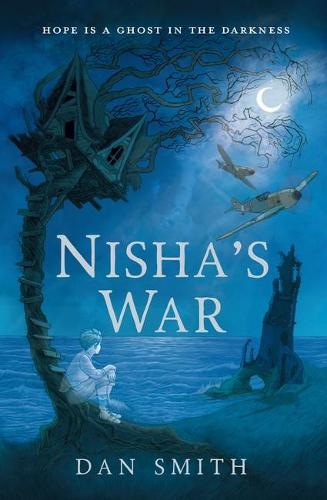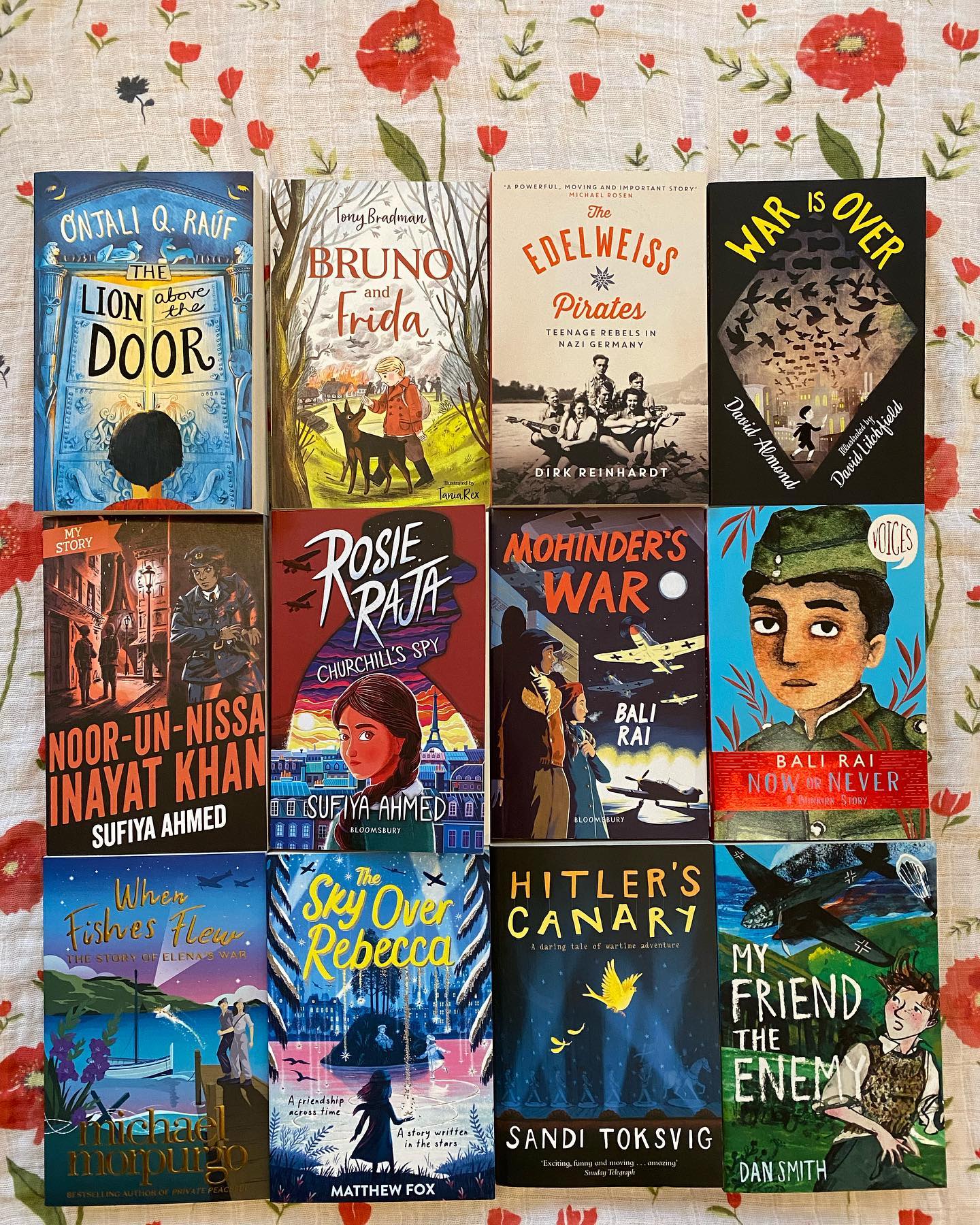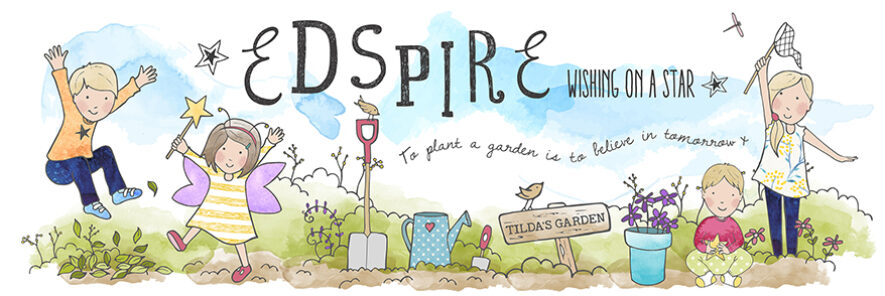One of the things I am passionate about as a parent, a home educator and a reader is diversifying my bookshelves.
Ensuring the books on my shelves reflect the diverse world that we live in.
It is very much a work in progress and a project that I am sure will last my lifetime, and I hope beyond, as I share my passion with my children, all avid readers themselves.
When it comes to Remembrance Reads I believe it is especially important for children to understand the many different people involved in the wars from around the world and across the UK.
While putting this post together I read an article by the author of Nisha’s War, Dan Smith, someone who shares my passion for getting children reading diverse stories from the world wars.

Here are some relevant quotes from the article, that share my thoughts and feelings far more eloquently and succinctly than I can.
“Many World War Two stories focus on events on the home front in Britain, but we need stories told from alternative perspectives.”
“One of the most important things we can do is to show young readers that Britain did not have an exclusively white population in the 1940’s. We can explore the experiences of non-white children growing up in Britain at that time, making stories more relatable to modern young readers.”
“And it’s important to remember that the war was far-reaching. It affected people right across Europe, Asia, and Africa, so I would like to see our stories stretch beyond the home front and explore different lives.”
“World War Two was not just about air raids over London, and the Normandy Landings. It was not just about white British men and women defending Britain.I wonder how many children know that 2.5 million Indians fought for Britain? The largest volunteer army in history. I wonder how many know that the soldiers who fought bravely when the Japanese invaded Malaya, were Indian.”
“Do they know that Nepalese Ghurkhas served in Italy, Greece, Malaya, Singapore, Burma, and Africa. Or that thousands of African, Arab, and Jewish soldiers fought for Britain across the globe.”“And there are darker, more shameful histories, too, such as the three million Indians, mostly Bengali, who were killed by famine as a result of Winston Churchill’s policies.”
“There are still so many more stories to tell; so many more lives to explore. It feels to me as if World War Two stories will always be relevant because they remind us of things that we must never forget. But we can make them more relevant by expanding and making them more inclusive.”
Nisha’s War is an amazing story by Dan Smith that I urge you to read. You can read my review here
This year I am reading another of Dan’s books, My Friend The Enemy alongside 11 other books that offer an alternative view of World War II.
That offer something a little different in their storytelling, in their protagonists.
Books I believe are important for showing the war from many different angles, through the eyes and actions of many different people.
Have you read any of these brilliant and beautiful books?

Reviews of each of these coming very soon here on my blog and on Instagram
Do come and follow me there and follow #EdspireRemembers
